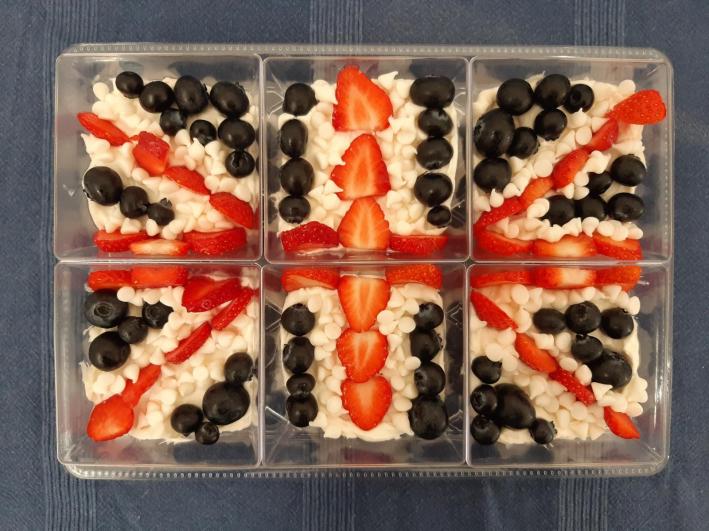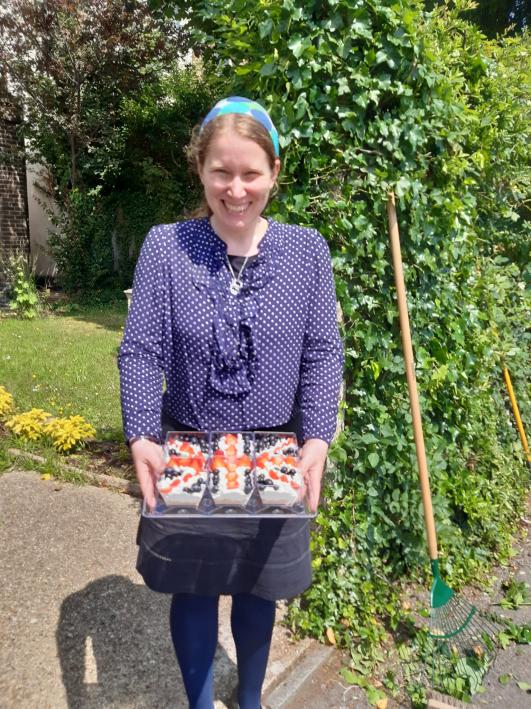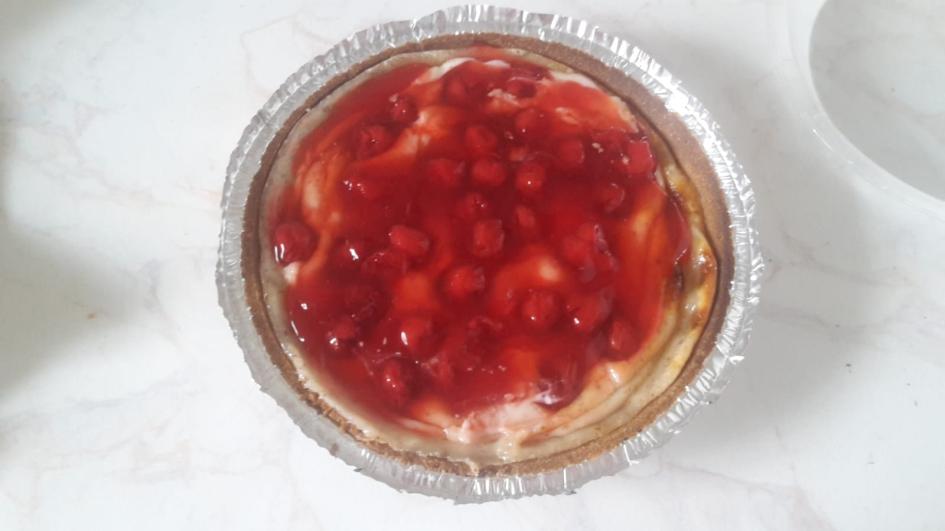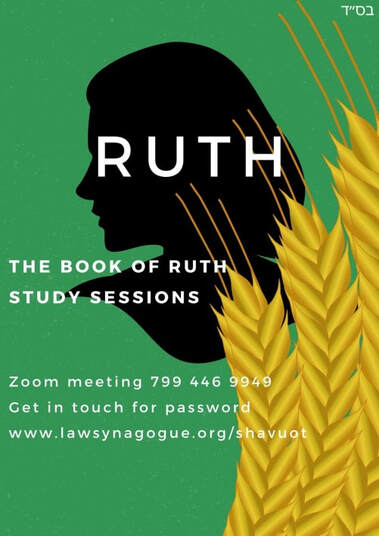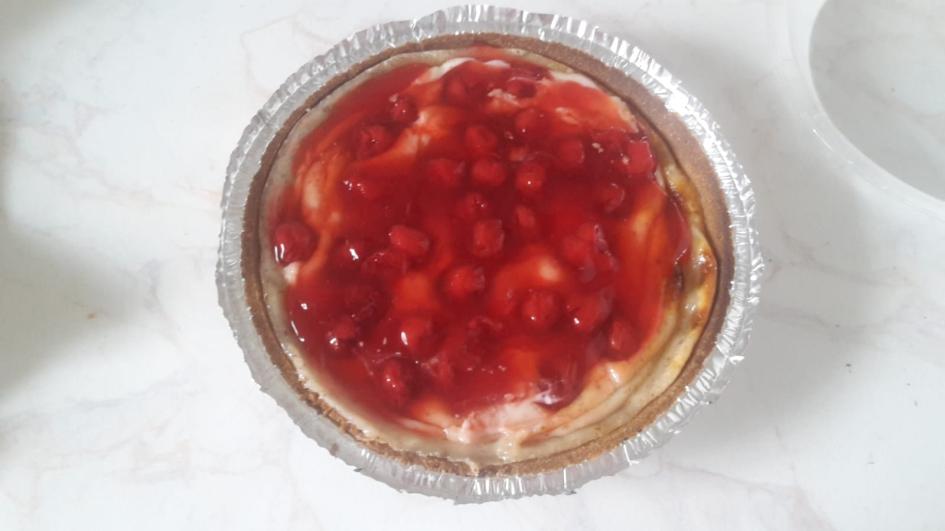Shavuot 2023
Shavuot 2022
Hear the Ten Commandments and the Book of Ruth
1st Day Sunday 5th June 9:45am
Followed by Cheesecake Kiddush
2nd Day Monday 6th June 9:45am
Yizkor approx 12:00pm
Followed by Cheesecake Kiddush
Shavuot Message from Rabbi Yitzchok Austin
The Medrash relates that prior to the giving of the Torah, there was a discussion as to which mountain would merit the Torah to be given on. Each one had its own advantage: one was the tallest, one was next to the sea, etc. In the end Hashem chose the smallest mountain, Har Sinai, upon which to receive the Torah. This seems strange. If the purpose of giving the Torah on a mountain was to stress the idea of being tall, why pick the smallest one. If the idea was to stress humility, then the Torah should be given in a valley. Furthermore we see that often when we mention the Torah we connect it with Har Sinai: “Halacha MiMoshe MiSinai” (a law given to Moshe at Sinai), or “Moshe Kibel Torah MiSinai” (Moshe received the Torah from Sinai).
The reason for the above is that Sinai showed us that when the Torah was given it united two opposites: Heaven and Earth. This was why the lowest mountain was chosen. On the one hand, a person should be resolute in their attachment and performance of mitzvos, and like we say in the beginning of Shulchan Aruch, strong as lion, not to be embarrassed for what and who we are. At the same time, we need to have the characteristic of humility, as it says that Moshe was "unav mikol odom": he was the humblest of all men. If Mount Sinai was able to fuse these two opposites, how much more so us humans, the highest of all species.
With these thoughts in mind, let us approach Shavuos by strengthening ourselves - in learning more Torah, and performing more Mitzvos.
1st Day Sunday 5th June 9:45am
Followed by Cheesecake Kiddush
2nd Day Monday 6th June 9:45am
Yizkor approx 12:00pm
Followed by Cheesecake Kiddush
Shavuot Message from Rabbi Yitzchok Austin
The Medrash relates that prior to the giving of the Torah, there was a discussion as to which mountain would merit the Torah to be given on. Each one had its own advantage: one was the tallest, one was next to the sea, etc. In the end Hashem chose the smallest mountain, Har Sinai, upon which to receive the Torah. This seems strange. If the purpose of giving the Torah on a mountain was to stress the idea of being tall, why pick the smallest one. If the idea was to stress humility, then the Torah should be given in a valley. Furthermore we see that often when we mention the Torah we connect it with Har Sinai: “Halacha MiMoshe MiSinai” (a law given to Moshe at Sinai), or “Moshe Kibel Torah MiSinai” (Moshe received the Torah from Sinai).
The reason for the above is that Sinai showed us that when the Torah was given it united two opposites: Heaven and Earth. This was why the lowest mountain was chosen. On the one hand, a person should be resolute in their attachment and performance of mitzvos, and like we say in the beginning of Shulchan Aruch, strong as lion, not to be embarrassed for what and who we are. At the same time, we need to have the characteristic of humility, as it says that Moshe was "unav mikol odom": he was the humblest of all men. If Mount Sinai was able to fuse these two opposites, how much more so us humans, the highest of all species.
With these thoughts in mind, let us approach Shavuos by strengthening ourselves - in learning more Torah, and performing more Mitzvos.
Shavuot 2021
Join us in Shul for the Ten Commandments and a Cheesecake Kiddush
Shavuot Message from Rabbi Yitzchok Austin
Shavuos is one of my favourite Yom Tovim. What is unique about it is that there are no specific mitzvos which we do besides keeping it as Yom Tov. There are however many special customs particular to Shavuos, and the one of eating milky foods (cheesecake and the like) definitely resonates well with me.
On a deeper note, Shavuos is of paramount importance because we are celebrating the giving of the Torah. Although this happened over 3000 years ago, the Torah is still our guide and has kept us going throughout this long bitter exile.
In the run up to the giving of the Torah at mount Sinai, the Jewish people said Nasseh V'nishma. We will do and we will listen. The doing refers to our performing the mitzvos even though we may not know why we do it. The nishma is about learning and understanding the meaning of the mitzvos and the Torah itself. Then there are the two aspects joined together, that our learning has to be prefaced by our belief in Hashem and that Yiddishkeit is not just when we can rationalise it.
Some people are doers, some are thinkers. Whatever type of person you are, come and join us this Shavuos, I am sure there will be something that you will connect with.
Shavuot Message from Rabbi Yitzchok Austin
Shavuos is one of my favourite Yom Tovim. What is unique about it is that there are no specific mitzvos which we do besides keeping it as Yom Tov. There are however many special customs particular to Shavuos, and the one of eating milky foods (cheesecake and the like) definitely resonates well with me.
On a deeper note, Shavuos is of paramount importance because we are celebrating the giving of the Torah. Although this happened over 3000 years ago, the Torah is still our guide and has kept us going throughout this long bitter exile.
In the run up to the giving of the Torah at mount Sinai, the Jewish people said Nasseh V'nishma. We will do and we will listen. The doing refers to our performing the mitzvos even though we may not know why we do it. The nishma is about learning and understanding the meaning of the mitzvos and the Torah itself. Then there are the two aspects joined together, that our learning has to be prefaced by our belief in Hashem and that Yiddishkeit is not just when we can rationalise it.
Some people are doers, some are thinkers. Whatever type of person you are, come and join us this Shavuos, I am sure there will be something that you will connect with.
Shavuot 2020
Shavuot Message from Rabbi Simcha Blum
One of the meanings behind the yom tov of Shavuot comes from the word shavuah (שבועה) which means to swear; for example, swearing to a covenant. According to our tradition G-d gave us the Torah on that day, constituting a marriage between the Jews and G-d, our greatest covenant of all. It is said that we were forced into this marriage. But this forcing wasn’t in a bad way, as it was after G-d’s great miracles, freeing us from Egypt and taking care of us in the desert. After this, how could we have turned down his offer? So we said yes.
Like marriage, our covenant with G-d comes with duties on both sides, and helps us overcome any hardships that we might face. No one side can say they expect the other side to fulfil his promises but they themselves will not. It follows that the more we increase the ways that we fulfil the covenant that we took on the day that we got the Torah, the more we can expect and pray and hope that G-d will fulfil his side. The more ways that we try to overcome our hardships, the more we can expect that G-d will redeem us and bring us happiness and the salvation that will be in the redemption, that will come soon with the help of G-d.
One of the meanings behind the yom tov of Shavuot comes from the word shavuah (שבועה) which means to swear; for example, swearing to a covenant. According to our tradition G-d gave us the Torah on that day, constituting a marriage between the Jews and G-d, our greatest covenant of all. It is said that we were forced into this marriage. But this forcing wasn’t in a bad way, as it was after G-d’s great miracles, freeing us from Egypt and taking care of us in the desert. After this, how could we have turned down his offer? So we said yes.
Like marriage, our covenant with G-d comes with duties on both sides, and helps us overcome any hardships that we might face. No one side can say they expect the other side to fulfil his promises but they themselves will not. It follows that the more we increase the ways that we fulfil the covenant that we took on the day that we got the Torah, the more we can expect and pray and hope that G-d will fulfil his side. The more ways that we try to overcome our hardships, the more we can expect that G-d will redeem us and bring us happiness and the salvation that will be in the redemption, that will come soon with the help of G-d.
Online Shiur
The Book of Ruth: Part 4
Tuesday 9th June at 8:00pm
The Book of Ruth: Part 4
Tuesday 9th June at 8:00pm
Ladies Cheesecake Evening 2019
Wednesday 5th June 7pm, please book here
Ladies cheesecake evening at the Rabbi's house, make and try different types of cheesecake, and a talk on the meaning of Shavuot led by Rebbetzen Chaia Brackman
Shavuot, like most Jewish holidays, has a food component. On Shavuot we celebrate dairy foods. It is a vegetarian holiday for kosher Jews, because the laws of kashrut forbid mixing milk products with meat. There could be a number of reasons for the association of dairy with Shavuot. There is a verse in the Song of Solomon (4:11) which says that the Torah is like “milk and honey under your tongue,” which might indicate a connection between the Torah-centric holiday and dairy foods. Some also believe that because the Israelites had not yet received the kosher laws, they had prepared foods on the first Shavuot that did not follow kashrut. When they received the Torah, they read the new laws of kashrut and realized their meat dishes were not kosher, in accordance with God’s will– so they opted to eat dairy dishes only. The Hebrew word chalav (milk) has a numerical value of 40, which corresponds with the number of days Moses spent on Mount Sinai receiving the Torah. Still others say that Shavuot occurs during the fertile spring period, when animal mothers produce lots of fresh milk.
Whatever the reason, a dairy holiday is a fantastic excuse to make CHEESECAKE!
By Tori Avey
Whatever the reason, a dairy holiday is a fantastic excuse to make CHEESECAKE!
By Tori Avey

